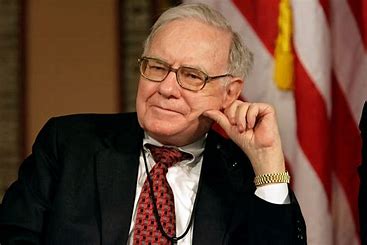Berkshire Hathaway, under the stewardship of Warren Buffett, has established itself as one of the most successful and renowned investment vehicles in history. Its track record of outperforming the broader market over the long term is a testament to Buffett’s investment philosophy and management approach. However, despite its illustrious history, Berkshire Hathaway may not be the ideal investment for every individual investor due to several factors that warrant consideration.
One of the primary reasons why some investors may hesitate to invest in Berkshire Hathaway is its policy of not paying dividends. While many investors value stocks that provide regular income in the form of dividends, Berkshire Hathaway has traditionally reinvested its profits into expanding its business operations or acquiring new companies. This approach, while aligned with Buffett’s strategy of compounding wealth over time, may not appeal to investors seeking immediate cash flow from their investments.
Additionally, Berkshire Hathaway’s business structure is notably complex. As a conglomerate with diverse holdings spanning various industries, tracking the performance of individual subsidiaries can be challenging for investors. While Buffett’s investment acumen and the company’s strong management team inspire confidence, the complexity of Berkshire Hathaway’s business model may deter investors who prefer straightforward investment opportunities.
Another consideration is Berkshire Hathaway’s dependency on Warren Buffett’s leadership and decision-making. As Buffett ages, concerns about succession planning and the company’s future direction have become more pronounced. While Buffett has assembled a capable team to assist with the company’s operations, his eventual departure could introduce uncertainty regarding Berkshire Hathaway’s strategic direction and performance. For risk-averse investors or those seeking greater certainty, this uncertainty surrounding leadership succession may be a significant deterrent.
Furthermore, Berkshire Hathaway’s performance has occasionally exhibited volatility, with periods of underperformance relative to the broader market. While its long-term track record remains impressive, investors must be prepared for fluctuations in performance that may not align with their risk tolerance or investment objectives.
Ultimately, while Berkshire Hathaway offers the potential for substantial long-term returns, it may not be suitable for every investor. Factors such as dividend preferences, risk tolerance, comfort with complexity, and confidence in leadership succession should be carefully considered before investing in the company. As with any investment decision, conducting thorough research, seeking professional advice, and aligning investments with individual financial goals and values are crucial steps in making informed investment decisions.
